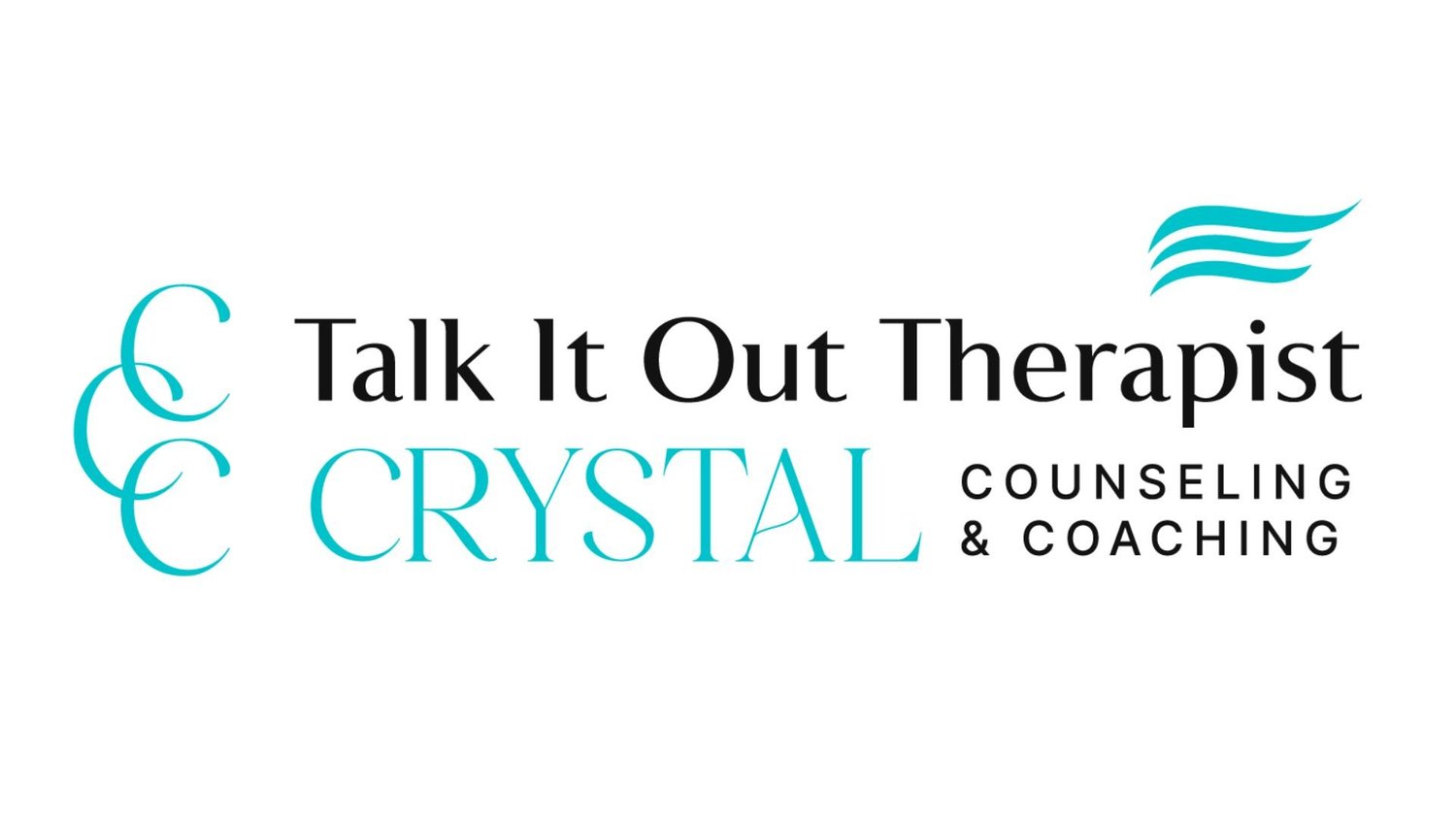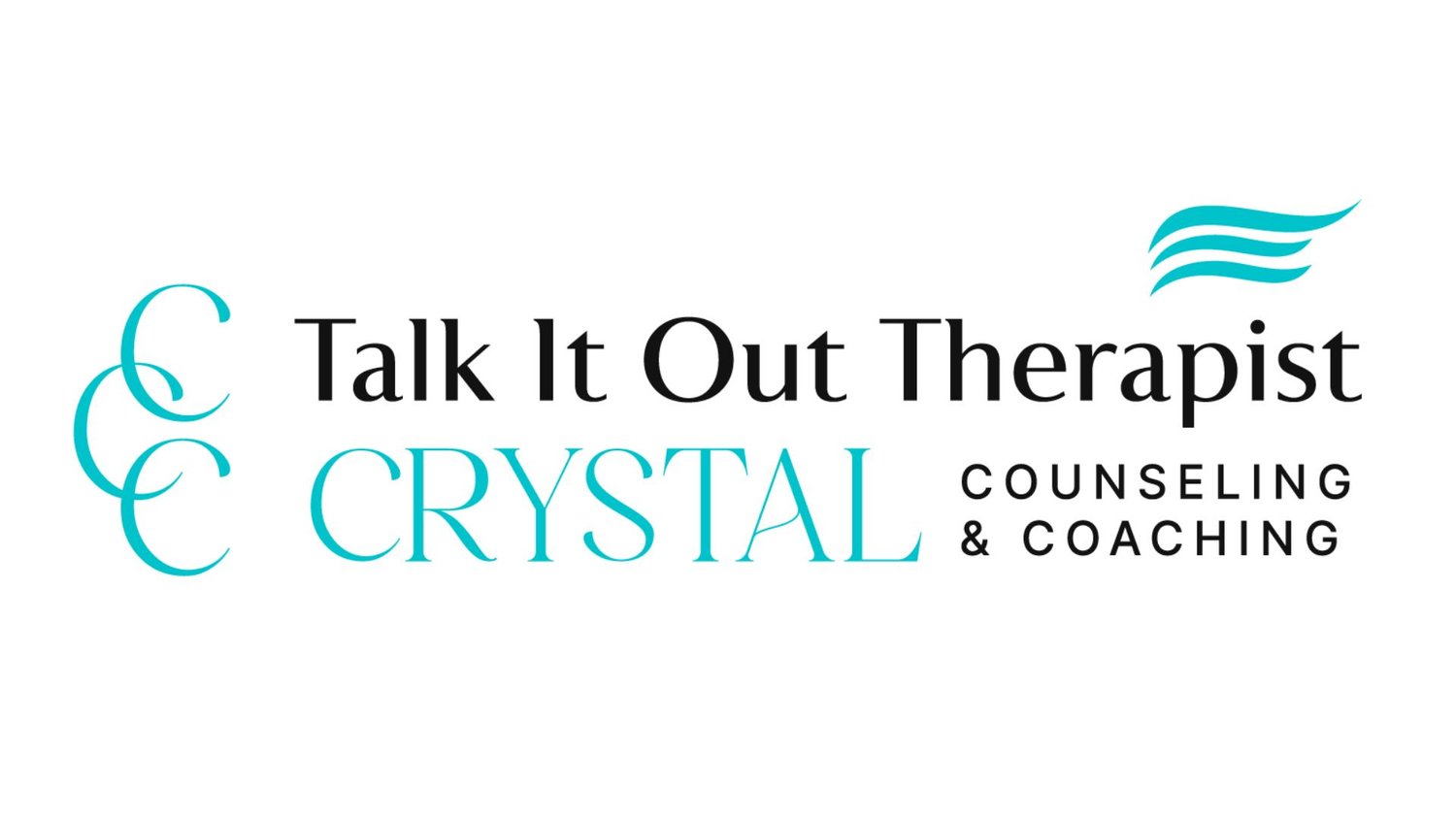ADHD and Relationships: How Attention, Emotion, and Connection Intersect
Loving someone with ADHD — or living with ADHD yourself — can be deeply rewarding, but it can also bring unique challenges to romantic relationships. Many couples describe moments of intense connection and excitement alongside cycles of frustration, miscommunication, or emotional overwhelm.
ADHD is not a relationship deal-breaker. But it does change the relational landscape, often in ways that are misunderstood. Understanding how ADHD shows up in daily interactions can help couples build stronger, more compassionate, and more sustainable connections.
Understanding ADHD Beyond Stereotypes
Attention-Deficit/Hyperactivity Disorder (ADHD) is often misunderstood as simply being “distracted” or “hyper.” In reality, ADHD is a neurodevelopmental condition that affects attention regulation, executive functioning, emotional regulation, and working memory.
These challenges can influence:
How a person processes and retains information
How they organize daily tasks and responsibilities
How they manage emotions and impulses
How they show up in relationships — especially under stress
It is not a lack of effort, motivation, or love. It is a difference in brain wiring, and when couples understand that, frustration can give way to clarity and compassion.
How ADHD Can Show Up in Relationships
ADHD can shape both the big picture and the day-to-day rhythms of a relationship. Here are a few common dynamics many couples experience:
1. Inconsistent Attention and Presence
A partner with ADHD may hyperfocus on something that interests them and lose track of time, which can make their partner feel unimportant or overlooked. This isn’t about caring less — it’s how ADHD impacts attention regulation.
2. Forgetfulness and Disorganization
Missed appointments, forgotten plans, or misplaced items can create tension. To a non-ADHD partner, these slips may feel personal, but they’re often symptoms of executive functioning challenges rather than lack of care.
3. Emotional Intensity
Many people with ADHD experience emotions more intensely and may struggle to regulate those feelings in the moment. This can lead to rapid escalation during conflicts or feelings of shame afterward.
4. Uneven Division of Responsibilities
If one partner struggles with planning or task completion, the other may end up taking on more “invisible labor” — like remembering bills, appointments, or social commitments — which can create resentment over time.
Strengths That ADHD Can Bring to a Relationship
While the challenges are real, many couples also experience unique strengths when ADHD is part of the relationship.
Spontaneity and playfulness can keep relationships exciting.
Hyperfocus can make early stages of connection feel passionate and deeply engaging.
Creativity and big-picture thinking can bring fresh energy and perspective to shared goals.
Authenticity often shines through — many ADHD individuals are direct, open, and emotionally present in ways that create meaningful intimacy.
When couples learn to work with ADHD rather than against it, these strengths can become powerful assets.
Common Traps and How to Work Through Them
Trap: Personalizing ADHD symptoms.
Shift: Remember the difference between intention and impact. Forgetting something does not equal not caring.
Trap: One partner becoming the “default manager.”
Shift: Redistribute tasks based on strengths, use shared systems (calendars, reminders), and have regular check-ins.
Trap: Emotional escalations turning into power struggles.
Shift: Use agreed-upon breaks, clear signals, or grounding strategies to de-escalate before damage is done.
Practical Tools That Can Help
Shared calendars and reminders to externalize memory.
Clear, direct communication instead of hints or assumptions.
Scheduled check-ins to realign expectations and reduce surprises.
Therapy or coaching to build relationship skills, regulate emotions, and strengthen connection.
Compassion and patience on both sides — because ADHD is not a character flaw.
Why Professional Support Can Help
Many couples benefit from therapy that understands ADHD in the context of relationships. With the right tools, communication strategies, and structure, couples can shift away from blame and toward teamwork.
Working with a therapist familiar with ADHD dynamics can help:
Increase understanding between partners
Build stronger communication and boundaries
Create systems that support both people
Restore a sense of partnership and connection
Final Thoughts
ADHD can bring both complexity and vibrancy to relationships. Challenges like forgetfulness, emotional intensity, and uneven responsibilities are not signs of incompatibility — they are signals that the relationship may need new tools and shared understanding.
When couples learn to navigate ADHD with empathy, structure, and honest communication, relationships can grow even stronger.


